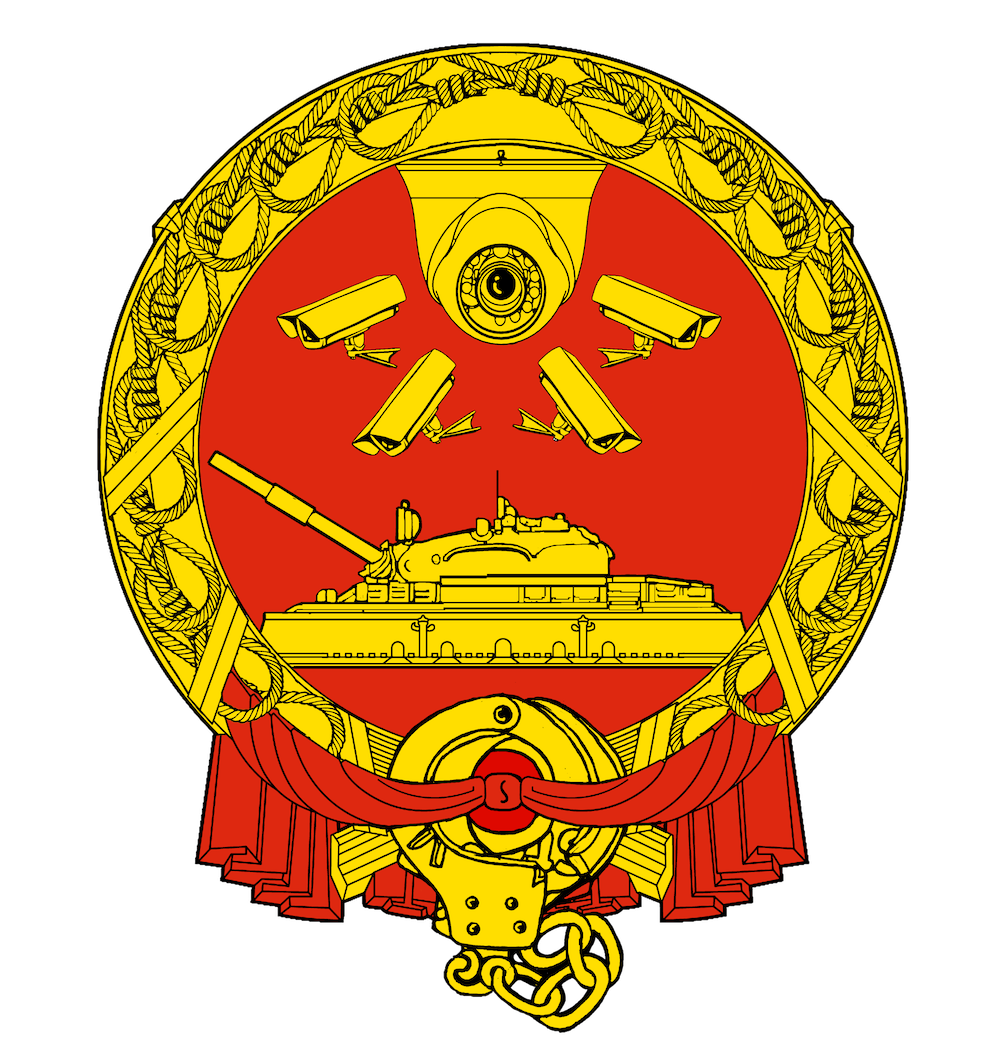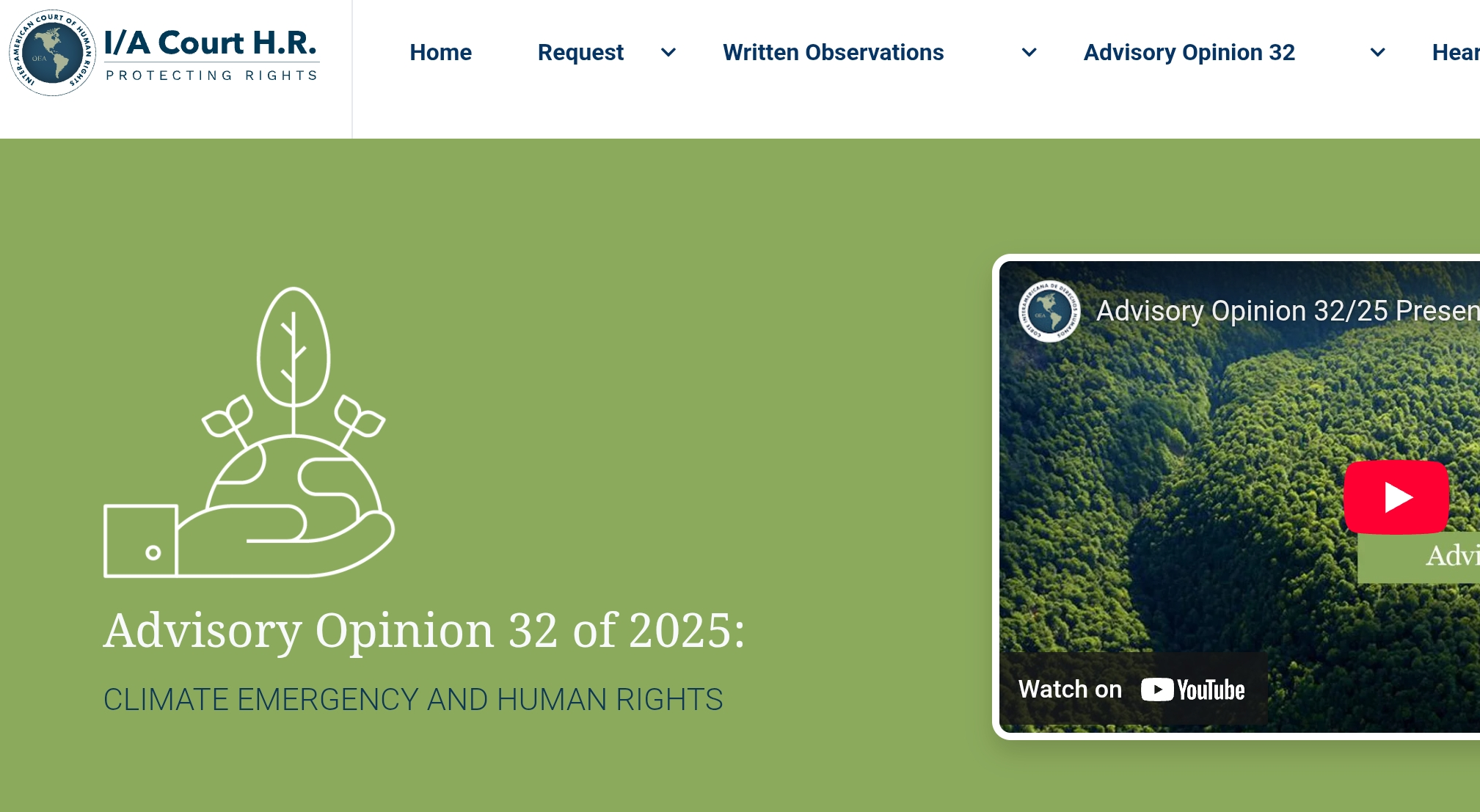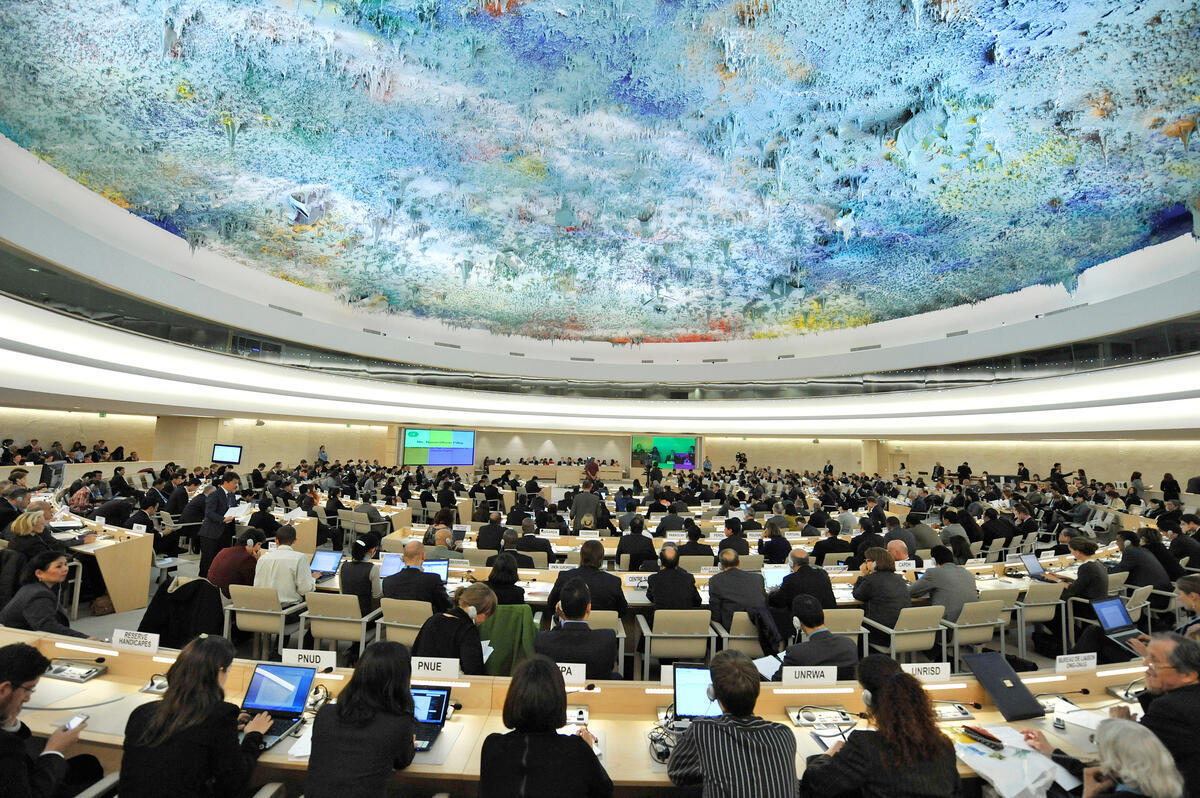At a panel convened today in Geneva, representatives of civil society highlighted the rapidly deteriorating human rights situation in China, particularly in Uyghur and Tibetan areas. They presented recommendations that, if raised by States during the November 2018 Universal Periodic Review (UPR) of China’s human rights record, could help to improve the situation for all those living in China. This is a key opportunity for all States to hold China accountable for its commitments and human rights obligations.
Geneva panel presents key themes
Civil society representatives noted with concern the trends of criminalisation, arbitrary arrest, detention, enforced disappearance, ill-treatment, in some cases torture, of human rights defenders, lawyers, journalists, scholars and others who express views at odds with the Party’s line. Restrictions on religious freedom, cultural and religious identity, overwhelmingly targeting ethnic Uyghurs and other Turkic Muslim minorities and Tibetans, were also of concern.
NGOs pointed to the mounting number of measures gravely curtailing citizens’ rights to freedom of association and peaceful assembly, both in mainland China and Hong Kong, together with restrictions to freedom of movement and freedom of expression both online and off, especially within academic circles. The case of Hong Kong received particular attention, as its unique governance structure allows for the swift implementation of recommendations, thus significantly improving the lives of its residents, especially those most marginalized.
“Hong Kong can serve as a bellwether for the broader situation of human rights in China – and in light of the disappearance of booksellers and the suppression of democratic values, it is also a reminder of the reach and influence of the Chinese government,’ said Sarah M Brooks, ISHR’s Asia Progamme Manager.
In summary, key thematic areas for recommendations include:
- International human rights standards – Ratification of core treaties and their optional protocols is a clear and measurable target. Of particular attention is the International Covenant on Civil and Political Rights, which China signed twenty years ago. This process is a means of creating more opportunities for scrutiny of Chinese government efforts to protect and promote human rights, and for ensuring the views of defenders from the country can be heard.
- Criminalization of human rights defenders – A rights-respecting China would put an end to the criminalisation of lawyers, defenders and activists, and release all wrongfully-detained prisoners, including lawyer Wang Quanzhang, defenders Qin Yongmin and Hu Shigen, Tibetan activist Tashi Wangchuk and Uyghur scholar Ilham Tohti.
- Minority rights and freedom of religious belief – Faced with mounting evidence of the existence of ‘political re-education camps’ in Xinjiang, China should take necessary steps to close and dismantle all facilities, together with halting persecution of Tibetans and Uyghurs, as well as attacks on Uyghur culture and identity. See ISHR’s statement on the repression of Muslim minorities in Xinjiang.
- Human rights monitoring and implementation – China had accepted in its previous UPR a recommendation to establish an independent national human rights institution in accordance with the Paris Principles ; a recommendation that has been repeated by other parts of the UN human rights system, most recently the UN Committee on the Elimination of Racial Discrimination in August of this year.
- Cooperation with UN mechanisms – Granting access to international experts to all parts of China to monitor the alleged cases of human rights violations would not only be a measure of good faith and a recommitment to multilateralism, but would also signal implementation of previously accepted UPR recommendations.
The environment for defence of human rights
In its joint UPR submission with the Committee to Protect Journalists (CPJ), ISHR highlighted the need for better protection of freedom of expression, and the importance of public debate to the realisation of all human rights.
‘China accepted recommendations related to media freedom and the role of journalists in 2013. But sadly, the authorities have increasingly closed spaces where human rights-related speech occurs, especially online, and criminalised those trying to exercise free expression”, said Brooks.
‘The wrongful detentions of Huang Qi, Liu Feiyue and Zhen Jianghua are a stark reminder of the risks of reporting on human rights in China”, she added.
The Chinese authorities have made other technical efforts to suppress free speech and limit access to information.
Since 2015, the threat and incrimination of citizens who use unregistered VPNs to bypass the Great Firewall, China’s internet censorship infrastructure, have become increasingly common. In 2017, one provider was sentenced to more than five years in prison for distributing VPN services. Companies, who also have a responsibility to respect human rights, are often complicit in this system: for example, Apple removed all VPN apps from its AppStore, citing the need to comply with domestic legislation.
In addition to highlighting the need to amend a range of legislations, ISHR and CPJ have also urged governments to recommend that China allow unimpeded access to VPNs by internet users within the Chinese government’s jurisdiction, including in ethnic minority autonomous regions.
Despite having accepted Uruguay’s recommendation to accede to the Convention for the Protection of All Persons from Enforced Disappearances and to recognise the competence of its Committee during the UPR’s second cycle, China’s revision of its Criminal Procedure Law (CPL) in 2013 effectively legalised incommunicado detention.
‘Such contradictions in commitments, on the one hand, and law and practice on the other,’ says Brooks, ‘clearly call into question the good faith of China’s engagement.’
States should call for the repeal of Article 73 of the CPL, and related legislation, codifying ‘residential surveillance in a designated location’, which has been used to target human rights defenders, including journalists and media workers.
ISHR and CPJ have also recommended that China ensure a safe and enabling environment in which human rights defenders, journalists and other civil society actors can carry out their vital work without hindrance or fear of reprisal.
Brooks concluded that ‘if China were serious about human rights reform, including in the area of development, it would put defenders into the driver’s seat for thinking of solutions to major social problems, like the environment and inequality. Instead, China puts defenders in detention’.
Contact: Sarah M. Brooks, Programme Manager and Human Rights Advocate, [email protected]
Photo: Badiucao




